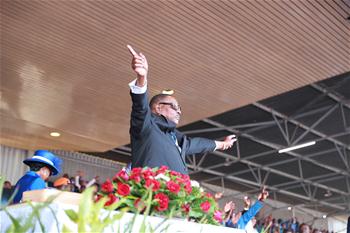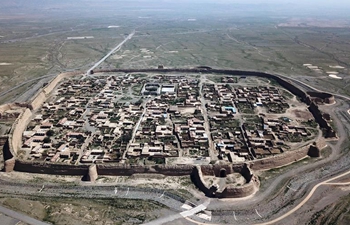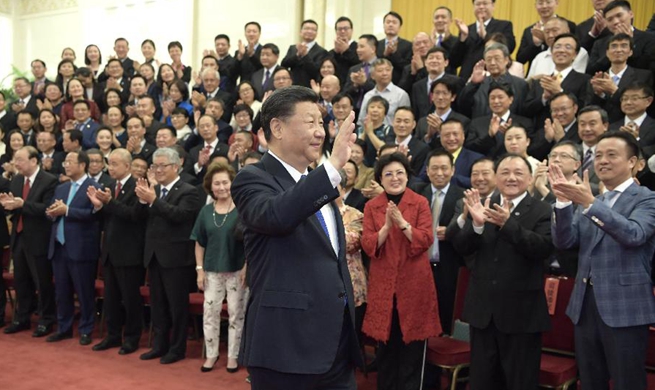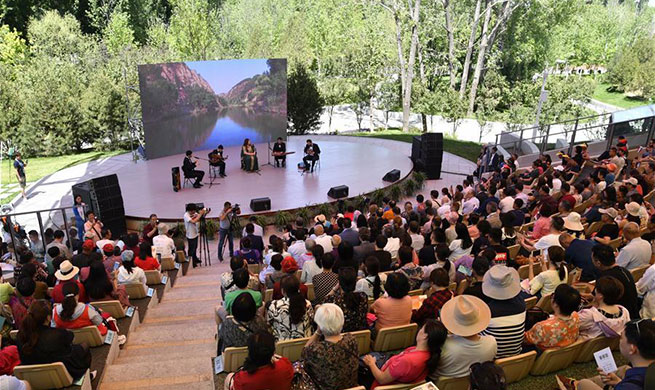NAIROBI, May 29 (Xinhua) -- Development partners on Wednesday vowed to raise 152 million U.S. dollars towards meeting UN-Habitat's urban dimensions of the Sustainable Development Goals (SDGs).
More than 100 partners who met on the sidelines of the first UN Habitat Assembly in Nairobi at the partnership and pledging conference said the funds will be used to help countries implement the New Urban Agenda and urban dimensions of the SDGs, especially Goal 11 to make cities inclusive, safe, resilient and sustainable.
"I take this opportunity to thank the governments and development partners for the pledges that are very important in executing our work as per the strategic plan of 2020-2025," Maimunah Mohd Sharif, executive director of UN Habitat, told journalists.
Sharif said that the UN-Habitat aims to help countries reduce spatial inequality and poverty, enhance prosperity of cities, strengthen climate change action, improve the urban environment and mitigate and respond to urban crisis.
She said that the strategic plan will be guided by the principles of social inclusion and human rights for all, including women, children, and other vulnerable groups.
"One of the UN Habitat's roles would be as a center of excellence to provide a point of reference on data, norms, standards, legal frameworks, policies, strategies and urban innovations," she added.
Sharif observed that with the kind of commitment realized at the conference, it is possible that the remaining amount will be raised to help the UN agency achieve its dimension of the SDGs.
Lars Gronvald, representative of the European Commission (EC), said that unlike before, sustainable urbanization is now at the forefront of the EC development strategy because of its linkage to the transformation of society and sustainability.
According to Alexandre Pinho, Microsoft Global lead for the UN, the private sector plays an important role in providing technologies for sustainable urbanization.
The UN agency require estimated funding of 1.9 billion dollars over six years to focus on reducing spatial inequality and poverty in communities across the urban rural continuum, enhancing shared prosperity of cities and regions, strengthening climate action and improving urban environment and effective urban crisis prevention and response.
The funds came from 38 governments, 10 local governments and 32 other organizations.













